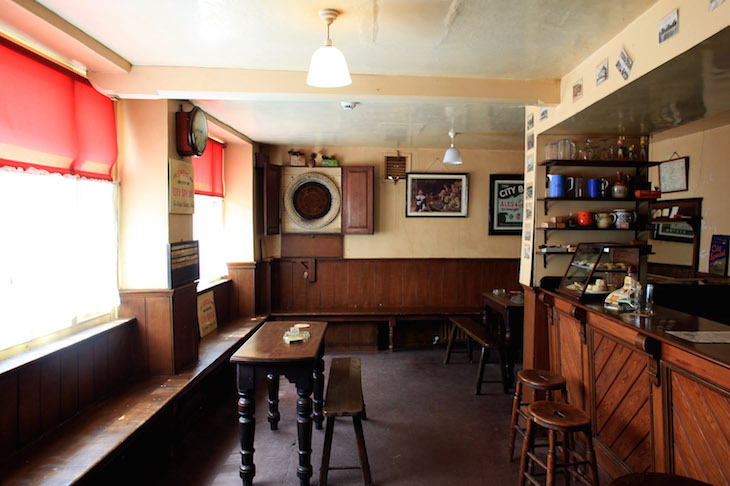Which is more diverse: London or Devon? That’s not a trick question. London is much more diverse than Devon. But let’s tweak the question slightly. Which is more diverse: a pub in London or a pub in Devon? Here the answer is not so easy. Though low in ethnic diversity, a pub in Devon might contain a more representative mix of ages, educational backgrounds, earnings, wealth, sexual proclivities and political opinions than a pub in central London.
London, for all its vaunted diversity, is a place where you can practise extreme homophily — spending your time exclusively with people nearly identical to you. People largely socialise with contemporaries from work. Social life is delineated by age and education more than in smaller cities or towns. Even when Londoners turn on the television, they see news reported from London by people who share exactly the same world view as them, interviewing other such people in order to confirm that this world view is broadly right.
We often blame social media for creating this echo chamber. But the fact is that it arises in any environment where you get a similar group of people concentrated in close proximity.
When a group forms, its distinguishing characteristics become more pronounced over time as people strive to signal their tribal affiliation — in accordance with Cass Sunstein’s Law of Group Polarisation. The result is that people in such groups confidently adopt universal beliefs which few people would arrive at independently. (Elite London opinion itself is an incoherent cherry-picked mixture of vicious neo-liberal meritocracy and naive egalitarianism. It is considered a severe injustice if, say, one TV presenter is paid 20 per cent less than another, but the fact that he or she might earn 30 times more than an experienced researcher is taken as a given.









Comments
Join the debate for just £1 a month
Be part of the conversation with other Spectator readers by getting your first three months for £3.
UNLOCK ACCESS Just £1 a monthAlready a subscriber? Log in